September 25 stands as one of history’s most eventful days, witnessing the rise and fall of empires, groundbreaking discoveries, and moments that shaped our modern world across centuries of human achievement.

Politics and Government Events on September 25
1962 – The People’s Democratic Republic of Algeria is Formally Proclaimed
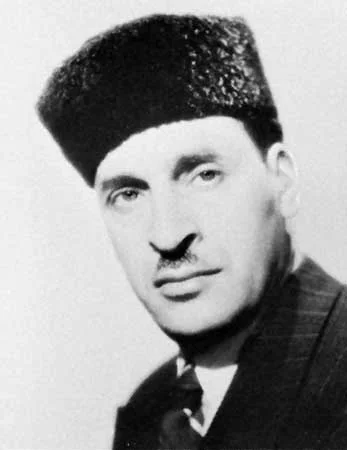
The North African nation officially declared its independence from French colonial rule following years of bloody warfare. Ferhat Abbas assumed the presidency of the provisional government, marking the end of 132 years of French administration.
The new republic faced immediate challenges in establishing governmental structures and national identity. This proclamation represented a pivotal moment in the broader African decolonization movement of the 1960s.
1962 – The North Yemen Civil War Begins
Abdullah al-Sallal orchestrated a military coup that dethroned the newly crowned Imam al-Badr in a dramatic power seizure. The revolutionary leader immediately declared Yemen a republic under his presidential authority.
This coup triggered a prolonged civil war that would devastate the country for years. The conflict drew in regional powers and became a proxy battleground during the Cold War era.
1955 – The Royal Jordanian Air Force is Founded
King Hussein established Jordan’s independent air force as a crucial component of national defense strategy. The new military branch marked Jordan’s commitment to modernizing its armed forces amid regional tensions.
The air force’s creation strengthened Jordan’s position in the volatile Middle East landscape. This military expansion reflected the kingdom’s growing strategic importance in regional security arrangements.
1987 – Fijian Governor-General Penaia Ganilau is Overthrown
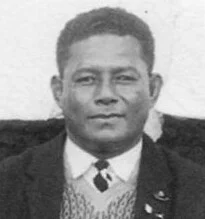
Lieutenant Colonel Sitiveni Rabuka executed a military coup that toppled the constitutional government in Suva. The coup marked the second military intervention in Fijian politics within months.
This political upheaval shattered Fiji’s reputation as a stable Pacific democracy. The military takeover triggered international condemnation and suspension from the Commonwealth of Nations.
1981 – Belize Joins the United Nations
The newly independent Central American nation gained full membership in the international organization. This milestone occurred just three weeks after Belize achieved independence from British colonial rule.
The UN membership solidified Belize’s position as a sovereign state in the international community. This achievement marked the culmination of decades of diplomatic efforts toward independence.
Military and Naval History on September 25
1915 – World War I: The Second Battle of Champagne Begins
French forces launched a massive offensive against German positions in the Champagne region of northeastern France. The attack represented France’s desperate attempt to break through entrenched German lines.
The battle would rage for weeks, consuming hundreds of thousands of soldiers in futile attacks. This offensive exemplified the brutal stalemate that characterized the Western Front’s trench warfare.
1918 – World War I: The End of the Battle of Megiddo
General Edmund Allenby’s British forces completed their decisive victory over Ottoman troops in Palestine. The battle marked the climax of the successful Sinai and Palestine campaign.
This triumph opened the path to Damascus and effectively ended Ottoman resistance in the region. The victory demonstrated the effectiveness of combined cavalry and mechanized warfare tactics.
1944 – World War II: British 1st Airborne Division Withdraws from Arnhem
Surviving paratroopers conducted a desperate evacuation across the Rhine River via Oosterbeek under cover of darkness. The withdrawal marked the end of the failed Operation Market Garden.
The evacuation saved thousands of Allied soldiers from capture or death. This tactical retreat concluded one of the war’s most ambitious but ultimately unsuccessful airborne operations.
1937 – Second Sino-Japanese War: Battle of Pingxingguan Victory
The Chinese Eighth Route Army achieved a morale-boosting victory against Japanese forces in this mountain pass engagement. The battle demonstrated Chinese military capabilities against the invading Japanese army.
This victory provided crucial psychological encouragement to Chinese resistance forces. The success proved that well-coordinated Chinese units could effectively challenge Japanese military supremacy.
1911 – French Battleship Liberté Destroyed
A catastrophic explosion aboard the French battleship Liberté detonated the forward ammunition magazines in Toulon harbor. The blast completely destroyed the vessel and killed hundreds of sailors.
The disaster resulted from badly degraded propellant charges that ignited spontaneously. This tragedy exposed serious deficiencies in French naval ammunition storage procedures.
Science and Discovery Milestones on September 25
1906 – Leonardo Torres Quevedo Demonstrates the Telekino
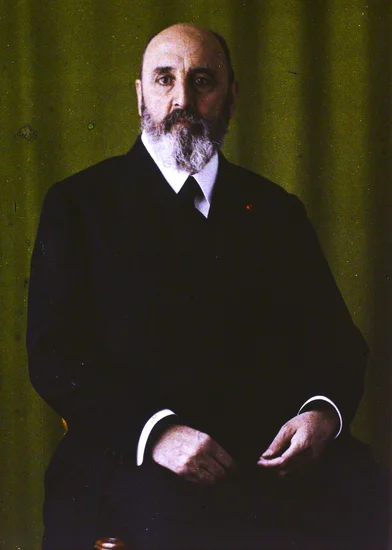
The Spanish inventor successfully demonstrated wireless remote control technology by guiding an electric boat from shore in Bilbao. The demonstration covered a distance of over two kilometers with passengers aboard.
This groundbreaking experiment established the fundamental principles of modern remote control operation. Torres Quevedo’s achievement predated similar developments by decades and influenced future robotics research.
1992 – NASA Launches the Mars Observer
The American space agency launched its ambitious Mars exploration mission aboard a Titan III rocket. The spacecraft carried sophisticated instruments designed to study Martian climate and geology.
The mission tragically failed eleven months later during orbital insertion preparations. Despite its ultimate failure, the Mars Observer program advanced planetary exploration technology significantly.
1997 – NASA Launches Space Shuttle Atlantis on STS-86

The space shuttle embarked on its seventh mission to the Russian Mir space station. The mission continued the successful international cooperation in space exploration.
Atlantis delivered crucial supplies and conducted crew rotations aboard the orbiting laboratory. This mission strengthened the partnership that would later create the International Space Station.
1974 – Dr. Frank Jobe Performs First Tommy John Surgery

The pioneering orthopedic surgeon performed the first ulnar collateral ligament replacement surgery on baseball pitcher Tommy John. The revolutionary procedure aimed to restore function to damaged throwing arms.
This surgical innovation transformed sports medicine and extended countless athletic careers. The procedure’s success made it a standard treatment for pitcher elbow injuries.
Cultural and Arts Events on September 25
1912 – Columbia University Graduate School of Journalism Founded
The prestigious journalism school opened its doors in New York City, establishing new standards for professional media education. The institution pioneered systematic training for newspaper reporters and editors.
The school’s founding reflected growing recognition of journalism as a legitimate profession requiring specialized education. This development elevated the standards and credibility of American journalism.
1978 – First Chicago Marathon Held
Approximately 4,200 runners participated in the inaugural Chicago Marathon, establishing what would become one of the world’s major marathons. The race attracted participants from across the Midwest and beyond.
This event marked Chicago’s entry into the elite marathon circuit alongside Boston and New York. The race’s success demonstrated the growing popularity of long-distance running in America.
1963 – Lord Denning Releases Profumo Affair Report

The British government published the official investigation into the scandal that rocked Harold Macmillan’s Conservative government. The report detailed the security implications of the affair.
This political scandal exposed the intersection of politics, espionage, and personal conduct in 1960s Britain. The affair’s revelations contributed to the Conservative government’s eventual downfall.
Religious and Social Events on September 25
1926 – International Convention to Suppress the Slave Trade and Slavery Signed
World leaders gathered to sign this groundbreaking international treaty aimed at eliminating slavery worldwide. The convention established legal frameworks for combating human trafficking.
This agreement represented a crucial step in the global human rights movement. The treaty’s principles influenced subsequent international human rights legislation.
1955 – Central High School in Little Rock Integrated

Federal troops enforced the racial integration of Central High School in Arkansas following violent resistance. The military intervention ensured African American students could attend the previously all-white institution.
This confrontation became a defining moment in the American Civil Rights Movement. The federal action demonstrated the government’s commitment to enforcing desegregation orders.
1959 – Solomon Bandaranaike Mortally Wounded

A Buddhist monk assassinated the Sri Lankan Prime Minister in a shocking act of political violence. Talduwe Somarama shot Bandaranaike at his private residence in Colombo.
The assassination stemmed from religious and political tensions within Sri Lankan society. This tragedy highlighted the volatile intersection of religion and politics in the newly independent nation.
1969 – Organisation of Islamic Cooperation Charter Signed
Muslim leaders from across the globe signed the founding charter of this influential international organization. The OIC emerged as a unified voice for Islamic nations in global affairs.
This organization became the second-largest intergovernmental body after the United Nations. The charter’s signing marked a new era of Islamic cooperation and solidarity.
Business and Economic Events on September 25
1956 – TAT-1 Submarine Transatlantic Telephone Cable Inaugurated
The world’s first submarine telephone cable system connecting North America and Europe began operations. The revolutionary technology enabled direct voice communication across the Atlantic Ocean.
This breakthrough dramatically reduced international communication costs and improved connection quality. The cable system transformed global business communications and international relations.
1998 – PauknAir Flight 4101 Crashes Near Melilla

The British Aerospace 146 aircraft crashed during approach to Melilla Airport in Spain, killing 38 passengers and crew. The tragedy highlighted safety concerns in regional aviation.
This accident prompted investigations into regional airline safety procedures and aircraft maintenance standards. The crash led to improved safety regulations for smaller commercial carriers.
1983 – Thirty-Eight IRA Prisoners Escape from Maze Prison
Republican prisoners executed the largest prison break in British history by hijacking a meals truck. The escapees used six smuggled handguns to overpower guards and crash through the prison gates.
This dramatic escape embarrassed British security forces and demonstrated the IRA’s organizational capabilities. The breakout became legendary in Republican folklore and inspired numerous books and films.
Transportation and Infrastructure on September 25
1978 – PSA Flight 182 Collides with Cessna 172
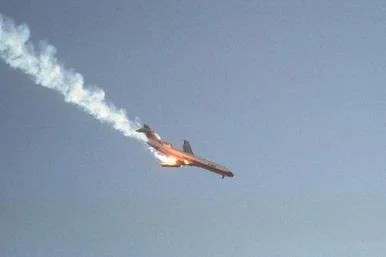
The Pacific Southwest Airlines Boeing 727 struck a small aircraft over San Diego, killing all 137 people aboard both planes plus seven on the ground. The mid-air collision shocked the aviation industry.
This tragedy led to significant improvements in air traffic control systems and pilot training procedures. The accident prompted the development of better collision avoidance technology.
2003 – 8.3 Magnitude Earthquake Strikes Hokkaidō
A powerful earthquake struck just offshore Japan’s northernmost island, causing significant damage and triggering tsunami warnings. The seismic event measured 8.3 on the moment magnitude scale.
The earthquake tested Japan’s disaster preparedness systems and building codes. The event provided valuable data for improving earthquake prediction and response capabilities.
1964 – Mozambican War of Independence Begins
FRELIMO forces launched their armed struggle against Portuguese colonial rule in Mozambique. The independence movement began coordinated attacks against Portuguese military and administrative targets.
This conflict would continue for over a decade, ultimately leading to Mozambican independence. The war became part of the broader African liberation movement against European colonialism.
Sports and Recreation on September 25
1985 – Three Civilians Killed in Larnaca Yacht Killings
Alleged supporters of the Palestine Liberation Organization murdered three civilians aboard yachts in Cyprus. The attack shocked the international sailing community and heightened Mediterranean security concerns.
This terrorist incident demonstrated how political violence could target innocent civilians in recreational settings. The killings prompted increased security measures at marinas and sailing facilities.
1974 – Dr. Frank Jobe Performs Revolutionary Elbow Surgery
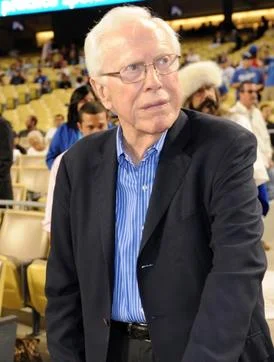
The pioneering orthopedic surgeon successfully performed the first ulnar collateral ligament replacement on pitcher Tommy John. The experimental procedure aimed to restore function to the damaged throwing arm.
This surgical breakthrough revolutionized sports medicine and extended countless athletic careers. The procedure became known as “Tommy John surgery” and remains a standard treatment today.
1978 – Chicago Marathon Inaugural Race
The first Chicago Marathon attracted approximately 4,200 runners to the Windy City’s streets. The event established Chicago as a major destination for long-distance running enthusiasts.
This inaugural race launched one of the world’s most prestigious marathons. The event’s success demonstrated the growing popularity of recreational running in American cities.
Notable Births on September 25
1901 – Robert Bresson, French Director and Screenwriter
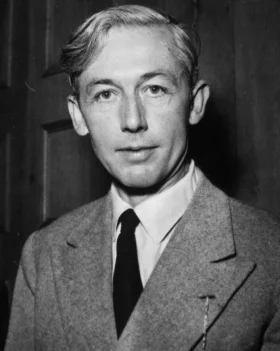
The future master of cinematic minimalism entered the world in Bromont-Lamothe, France. Bresson would revolutionize film language through his austere, spiritual approach to storytelling.
His influence on art cinema proved immeasurable, inspiring generations of filmmakers. Bresson’s unique directorial style emphasized the power of suggestion over explicit narrative.
1905 – Dmitri Shostakovich, Russian Pianist and Composer

The legendary Soviet composer was born in Saint Petersburg to a musical family. Shostakovich would become one of the 20th century’s most important symphonic composers.
His music captured the complexity and tragedy of Soviet life under Stalin. Shostakovich’s works balanced artistic integrity with the demands of authoritarian rule.
1930 – Shel Silverstein, American Author and Poet
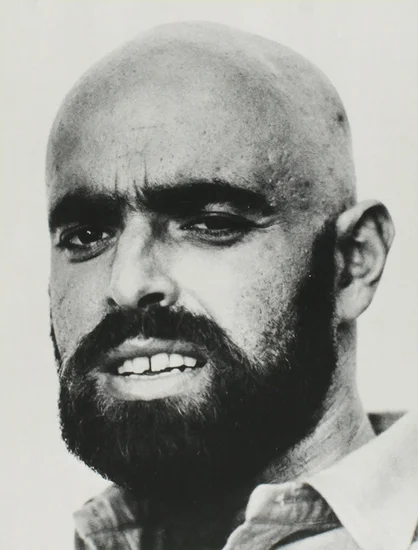
The beloved children’s author and cartoonist was born in Chicago, Illinois. Silverstein would create timeless works that delighted children and adults alike.
His poetry and illustrations captured childhood wonder with humor and imagination. Silverstein’s books became essential reading for generations of young readers.
1932 – Glenn Gould, Canadian Pianist and Composer
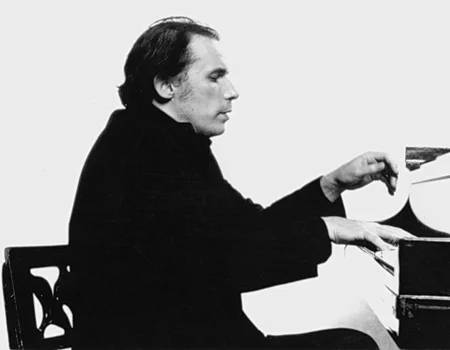
The eccentric classical pianist was born in Toronto, Ontario. Gould would revolutionize Bach interpretation and piano performance through his unique approach.
His unconventional technique and perfectionism made him a legendary figure in classical music. Gould’s recordings continue to influence pianists worldwide.
1943 – Michael Douglas, American Actor and Producer

The future Hollywood star was born in New Brunswick, New Jersey. Douglas would become one of cinema’s most successful actors and producers.
His career spanned decades and multiple genres, from drama to thriller. Douglas’s performances earned him Academy Awards and international recognition.
1951 – Mark Hamill, American Actor and Voice Artist

The future Luke Skywalker was born in Oakland, California. Hamill would achieve worldwide fame through his iconic Star Wars role.
His career expanded beyond acting to include voice work and theater. Hamill’s portrayal of Luke Skywalker became a cultural phenomenon.
1952 – Christopher Reeve, American Actor and Activist

The future Superman was born in New York City. Reeve would embody the Man of Steel on screen and become a real-life hero through his activism.
His portrayal of Superman defined the character for generations. Reeve’s courage following his paralysis inspired millions worldwide.
1968 – Will Smith, American Actor and Rapper

The future global superstar was born in Philadelphia, Pennsylvania. Smith would transition from hip-hop success to become one of Hollywood’s biggest stars.
His charisma and versatility made him a box office champion. Smith’s career encompasses music, television, and blockbuster films.
1969 – Catherine Zeta-Jones, Welsh Actress

The future Academy Award winner was born in Swansea, Wales. Zeta-Jones would captivate audiences with her beauty and theatrical talent.
Her performances in musicals and dramas earned critical acclaim. Zeta-Jones became an international star through her Hollywood success.
Notable Deaths on September 25
1970 – Erich Maria Remarque, German Author
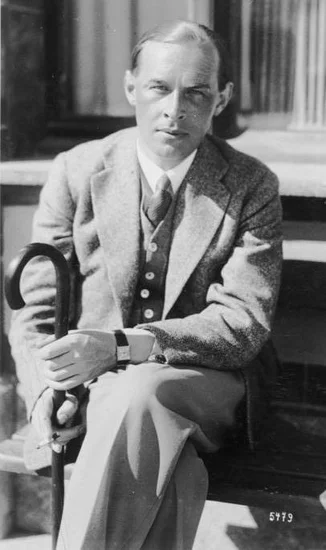
The acclaimed author of “All Quiet on the Western Front” died in Locarno, Switzerland. Remarque’s anti-war novel had become one of literature’s most powerful statements against military conflict.
His writing captured the horror and futility of World War I with unprecedented honesty. Remarque’s work influenced how society understood the psychological impact of warfare.
1980 – John Bonham, English Drummer

The legendary Led Zeppelin drummer died tragically at age 32 in Clewer, England. Bonham’s powerful drumming style had defined hard rock and heavy metal for a generation.
His death marked the end of Led Zeppelin as the band could not continue without him. Bonham’s influence on rock drumming remains immeasurable decades later.
1983 – Leopold III of Belgium
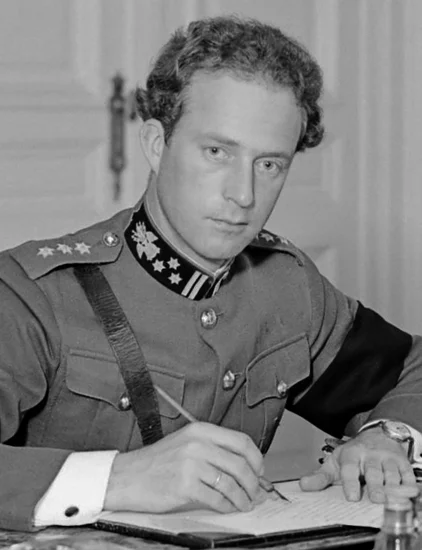
The controversial former king died in Brussels after a tumultuous reign marked by World War II collaboration accusations. Leopold’s wartime actions had divided Belgian society and forced his abdication.
His death closed a painful chapter in Belgian royal history. Leopold’s legacy remained complex due to his wartime decisions and political controversies.
1991 – Klaus Barbie, German SS Officer

The notorious “Butcher of Lyon” died in French prison while serving a life sentence for crimes against humanity. Barbie had terrorized French resistance fighters and Jewish communities during Nazi occupation.
His trial in the 1980s brought renewed attention to Nazi war crimes. Barbie’s death ended one of the most pursued war criminal cases.
2005 – Don Adams, American Actor
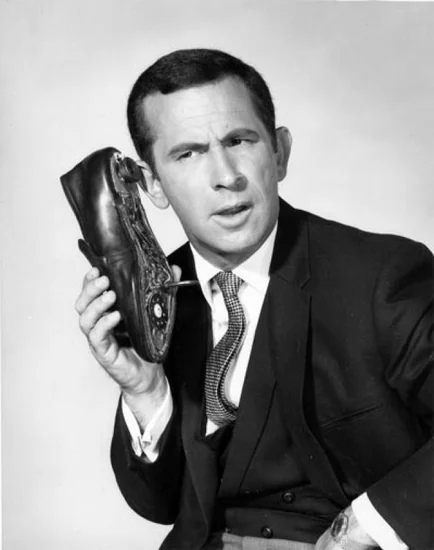
The beloved comedian died in Los Angeles, California, at age 82. Adams had achieved fame as the bumbling secret agent Maxwell Smart in the television series “Get Smart.”
His distinctive nasal voice and comedic timing made him a television icon. Adams’s catchphrases became part of American popular culture.
2011 – Wangari Maathai, Kenyan Environmentalist
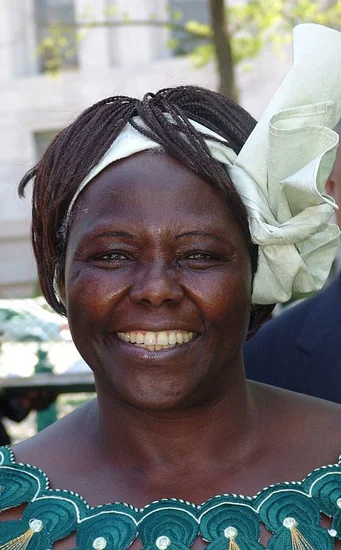
The Nobel Peace Prize winner died in Nairobi, Kenya, at age 71. Maathai had founded the Green Belt Movement and championed environmental conservation and women’s rights.
Her grassroots activism inspired environmental movements worldwide. Maathai became the first African woman to receive the Nobel Peace Prize.
2012 – Andy Williams, American Singer
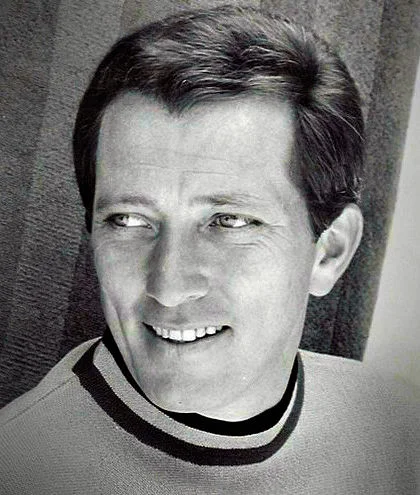
The smooth-voiced entertainer died in Branson, Missouri, at age 84. Williams had hosted a popular variety show and recorded numerous hit songs during his long career.
His Christmas specials became annual television traditions for millions of families. Williams’s warm persona and musical talent made him a beloved entertainment figure.
2016 – Arnold Palmer, American Golfer
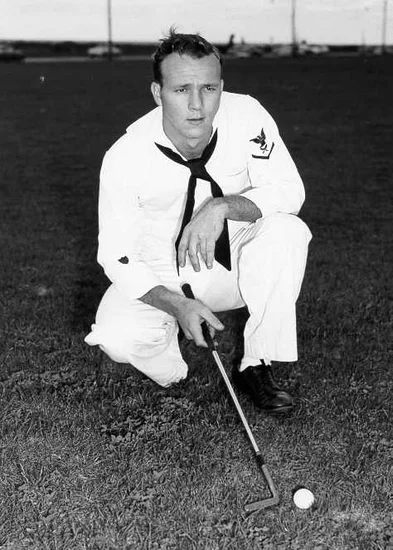
The legendary golfer died in Pittsburgh, Pennsylvania, at age 87. Palmer had revolutionized professional golf through his charismatic personality and aggressive playing style.
His “Arnie’s Army” of fans transformed golf into a popular spectator sport. Palmer’s influence extended far beyond golf into business and philanthropy.
Holidays and Observances on September 25
Armed Forces Day in Mozambique
Mozambique commemorates its military forces on this national holiday, celebrating the armed forces’ role in achieving independence. The observance honors those who fought against Portuguese colonial rule.
Military parades and ceremonies mark the day throughout the country. The holiday reinforces national pride and military tradition.
National Research Administrators Day in United States
American universities and research institutions recognize the vital work of research administrators on this professional observance. The day highlights the crucial support these professionals provide to scientific research.
Research administrators ensure compliance with regulations and manage complex grant processes. Their work enables scientists to focus on discovery and innovation.
Day of National Recognition for the Harkis in France
France honors the Algerian soldiers who fought alongside French forces during the Algerian War of Independence. The observance recognizes their sacrifice and the difficult circumstances they faced.
Many Harkis and their families fled to France following Algerian independence. The day acknowledges their service and the challenges of their integration into French society.
